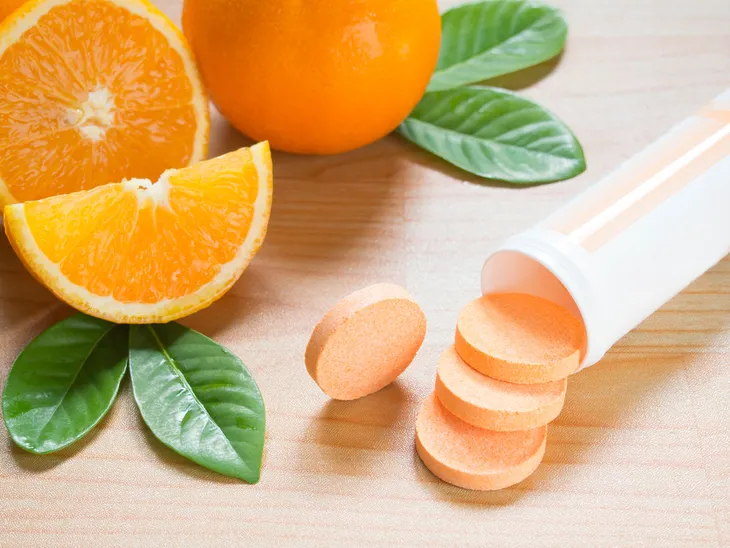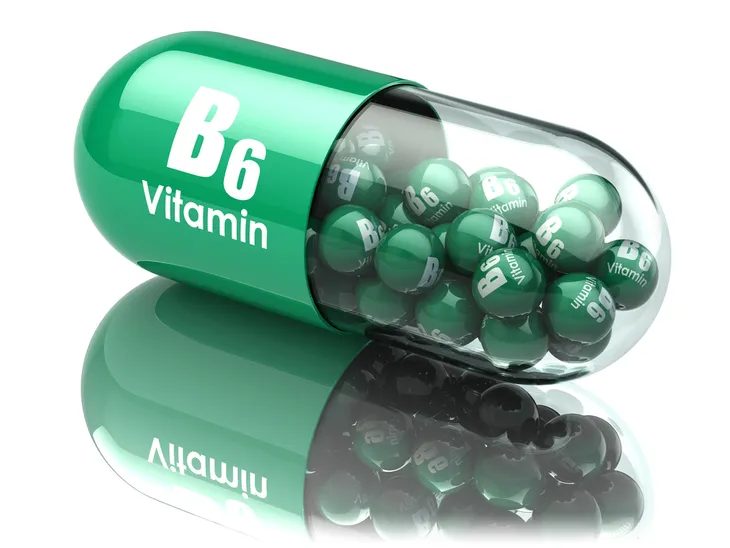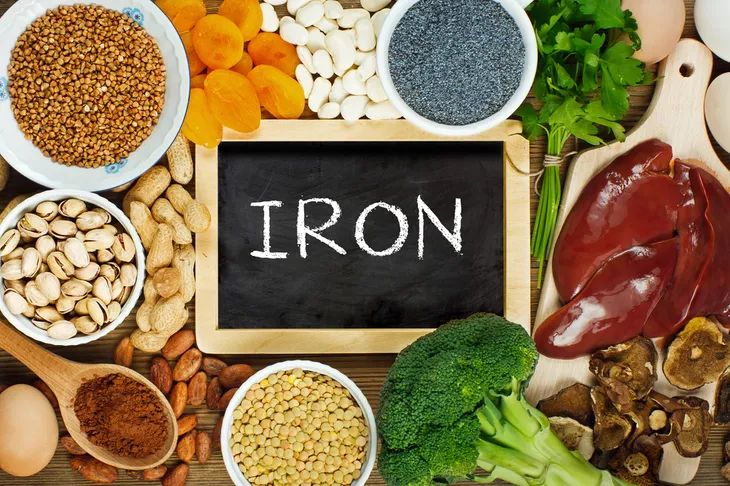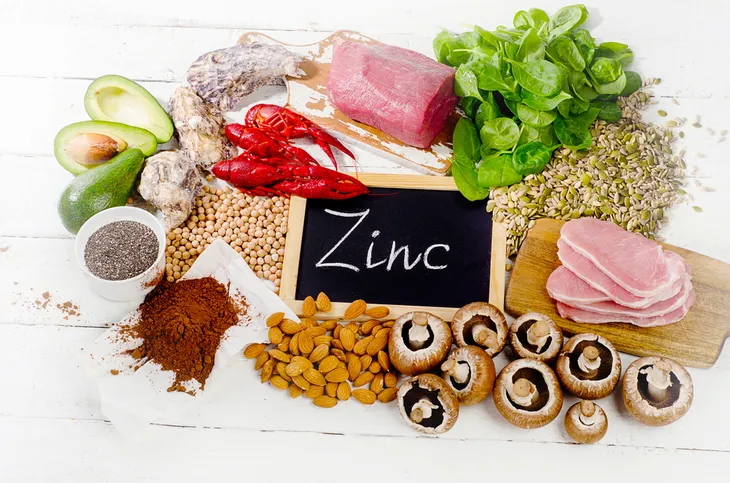It’s cold and flu season and you are looking for just about any way to prevent that terrible cough, runny nose, and fever. Immune system supplements have gained popularity over the years as people have sought out ways to improve their immune systems in efforts to stop illness. But the question always comes up, what are immune system supplements, and do they work? Well, we are here to answer those questions and more!
Immune system supplements are vitamins and pills that claim to improve our immunity which will then, in theory, fight off illnesses or even prevent them from infecting us. There is a lot of medical research that shows that there isn’t just one magic solution that will improve our immune system, it is several things that all work together to keep us healthy. Keep reading to learn about your immune system and the supplements that may help you fight off that cold.
What Is Your Immune System?
Your immune system is a complex arrangement that “creates, stores, and distributes the white blood cells that fight bacteria and viruses that enter your body” describes WebMD.
It’s a delicate balance where your body needs to provide enough immunity to keep you from getting sick all the time and not so much where you develop an autoimmune disease.
How It Works
One of the greatest feats of our “immune system is that it keeps a record of every microbe it has ever defeated, in types of white blood cells (B- and T-lymphocytes) known as memory cells.” says the Better Health Channel.
When these white blood cells see a known microbe it will destroy it before it makes you sick. The tricky part is that some illnesses like influenza and the cold have several strains so if your immune system hasn’t seen a specific strain you can still get sick.
What Are Immune System Supplements?
Immune system supplements are vitamins and minerals that are intended to boost the immune system and compensate for all areas of nutrient deficiencies. But it turns out that eating the right food is really the best way to boost your immune system.
“Your body absorbs and uses vitamins and nutrients better when they come from a dietary source,” says the Cleveland Clinic. So eat up all that broccoli and carrots!
The Risks
Another downside to supplements is that they “are regulated as foods, not as drugs, the Food and Drug Administration doesn’t evaluate the quality of supplements or assess their effects on the body” reports the Cleveland Clinic.
While this doesn’t mean that all is lost for immune system supplements, it does mean that you should know that they are a nice potential addition to your diet but should not completely take over for real healthy food.
Next, we’ll take a look at some immune system supplements you can consider.
Vitamin C
Vitamin C might be the most popular supplement people use to prevent illness. And fortunately, they are not wrong!
“Vitamin C is one of the biggest immune system boosters of all” reports the Cleveland Clinic. The vitamin can prevent infections or lessen the length of illness.
If you are low on vitamin C you are more prone to illness. But it turns out the best ways to get vitamin C are not through a pill or supplement form, it’s through good ol’ fashion food. Let’s take a look at some of these next!
Vitamin C Sources
Foods high in vitamin C are citrus fruits, spinach, kale, bell peppers, strawberries, and papaya. Our bodies don’t store vitamin C, so you need to consume it every day to reap the health benefits.
So, while taking a vitamin C supplement might be easier, if you take more than you need then your body will just excrete the excess instead of storing it for future use. It’s time to grab an orange and put down that vitamin C supplement!
Vitamin A
Vitamin A has several functions, one of which is to support your immune system. It is found in animal products like dairy, meat, liver, and fish. Vitamin A is also found in non-animal products like carrots, sweet potatoes, and green leafy vegetables.
Unlike vitamin C, vitamin A is a fat-soluble vitamin, with the majority of the vitamin being stored in your liver, says the National Institute of Health.
Thankfully, most people in developed countries don’t need to worry about vitamin A deficiency. There is a slight risk of taking too much vitamin A, so if you do choose to take supplements to support your immunity talk to your doctor about the right amount for you. The dosage will be dependent upon your diet and age.
Vitamin D
There’s nothing better than feeling the warm sun on your face. Especially after a long, dark winter. One of the greatest benefits of sunlight is that it produces vitamin D when it hits our skin.
Also known as the sunshine vitamin, vitamin D is vital to our immune system, encourages calcium absorption, and protects us from osteoporosis. According to a study discussed by WebMD, vitamin D “cut the number of colds people caught if they took it every day or at least every week. And the incidence of colds was slashed in half among people who started out deficient in the vitamin…”
Vitamin D Sources
Since food sources for vitamin D are not as plentiful as most other vitamins it is one case where supplementation may be recommended over food.
You can find vitamin D in salmon, sardines, and vitamin D fortified cereal. Talk to your doctor to discuss taking this supplement because they may want to test your blood levels to determine the proper dosage.
Vitamin B
Vitamin B is a group of 8 different vitamins and is mostly obtained through the diet. “Vitamin B6 is vital to supporting biochemical reactions in the immune system,” says the Cleveland Clinic. But that’s not all that vitamin B6 does!
It also helps make new red blood cells which transport oxygen throughout the body to tissues and organs. If you become deficient in B6 you can experience “mood changes and reduce antibodies needed to avoid infections,” says ReNue Pharmacy.
Vitamin B Sources
You can get all the vitamin B you need through your diet from chicken, fish, green vegetables, and tuna. But if you’re worried that your diet doesn’t consist of enough then you can take a supplement to fill in the gaps.
Once again, your doctor can have your blood levels tested to determine the right amount of supplementation you need.
Vitamin E
Vitamin E is an antioxidant that works hard to keep your body healthy by fighting off infections. It is involved in almost 200 biochemical reactions, including your immune system, reports the Cleveland Clinic.
You can get vitamin E naturally through almonds, peanuts, hazelnuts, and sunflower seed oil. But if those foods aren’t a regular in your diet then supplements are a good substitute.
The Benefits of Vitamin E Supplements
WebMD reported a study described by Simin Nikbin Meydani, DVM, Ph.D., “We showed that supplementation with 200 IU/day of vitamin E for a year resulted in a significant reduction in respiratory infection –particularly upper respiratory infections, including common colds.”
So, vitamin E supplements can make a real impact on your health, especially how your immune system handles respiratory illnesses.
Selenium
Selenium is a much lesser-known immune system supplement but is still very important. “This antioxidant helps lower oxidative stress in your body, which reduces inflammation and enhances immunity,” says Healthline.
Keeping yourself healthy, especially in the winter months when contagious infections are more common requires you to maintain normal selenium levels. You can find selenium in animal sources and Brazil nuts.
You do need to be careful that you don’t take too much selenium. The source recommends not eating more than one or two servings a day. Sources of selenium include seafood, cottage cheese, meat, liver, and poultry.
Iron
Most people have heard of iron and know it plays an important role in our bodies. But what many people don’t know is how important iron is to our immune system.
Iron helps bring oxygen to our cells and is a part of the immune system processes. Iron is most easily absorbed when it comes from heme iron which is from animal products but you can also get it from supplements.
When to Take Iron Supplements
Iron supplements are best absorbed when taken on an empty stomach. But for some people, that can cause a stomach ache, diarrhea, or nausea.
If this happens take your iron supplement with a small meal but don’t take it with milk, antacids, or calcium. Finally, always talk to your doctor to find out the right dose for you.
Zinc
Zinc is used in the production of new immune system cells and cannot be stored in your body so consuming adequate amounts regularly is vital. Zinc is found in animal products like meat, poultry, and oysters. But if you are unable to eat enough zinc then you should consider a supplement.
According to MedlinePlus, “Most research shows that taking lozenges containing zinc gluconate or zinc acetate by mouth helps shorten the length of a cold in adults.” The important piece to note is that the source said lozenges, not the typical oral supplement that you swallow. The source says that both zinc supplements and nasal spray have not been shown to help prevent colds.
Ways to Naturally Support Your Immune System
While immune system supplements can be helpful to fill the gaps where your diet misses the mark, it’s best if you can support your immune system naturally through food and other means. A diet full of vegetables, fruits, nuts, healthy meats, and fish will likely give you all the nutrients and minerals you need.
Other ways to naturally support your immune system are to exercise and drink plenty of water. “Staying hydrated can boost your immune health too…Water helps your body produce lymph, which carries white blood cells and other immune system cells,” says Julia Zumpano, RD, LD from the Cleveland Clinic.
There isn’t one magic pill that will fully support your immune system, the complexity of the immune system is supported by a balance of all the necessary components that keep you healthy.





















